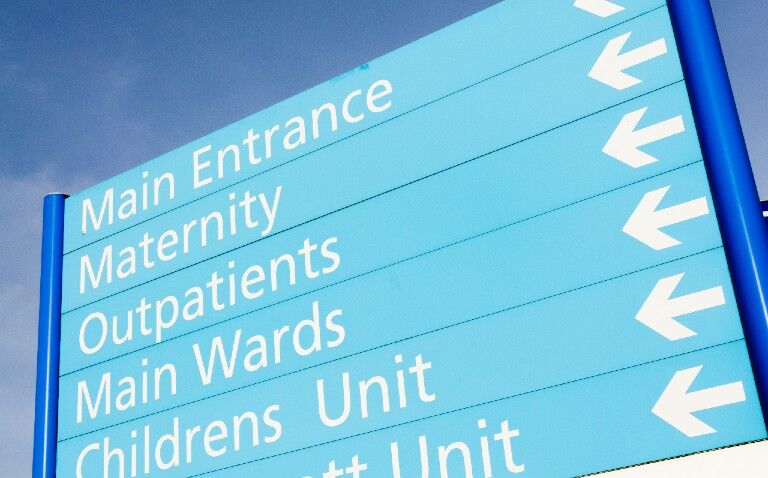Patients requiring an onward referral from one consultant to another will no longer be sent back to their GP, the Government has announced.
In its recovery plan for general practice, published today (9 May 2023), the Government said that where a patient has been referred into secondary care and they need another referral ‘for an immediate or a related need’, the secondary care provider should make this referral, rather than sending them back to general practice.
It said that this was the ‘most common request’ from GPs about bureaucracy and would improve patient care and save time.
This is a step further than in 2016, when the GP Forward View said that onward referral within secondary care for a non-urgent condition relating to the original referral was ‘permitted’.
The pledge was one of several measures aimed at reducing the time practice teams spend on ‘lower-value’ administrative work and work generated by issues at the primary-secondary care interface, which ‘practices estimate they spend 10-20%’ of their time on, the plan said.
Working together
Together with onward referral, other measures detailed in the plan include:
- Fit notes should be issued by secondary care
- NHS trusts must establish their own ‘call and recall’ systems for patient follow-up
- ICBs should ensure providers establish single routes for GPs and consultant-led teams to communicate rapidly.
The recovery plan was published alongside a report from the Academy of Medical Royal Colleges (AoMRC) on general practice and secondary care working together.
The AoMRC report includes a series of case examples of improvements that have already been made across the country and offers a series of ‘quick-win’ suggestions to improve collaboration.
This included areas establishing regular ‘interface groups’, which it said should bring together local GPs and secondary care consultants to discuss interface issues.
New requirements
The Government’s plan said NHS England is asking ICB chief medical officers to ‘establish the local mechanism’, which will allow both general practice and consultant-led teams to raise local issues, jointly prioritise working with LMCs, and tackle the high-priority issues including those in the AoMRC report.
In addition to this, ICBs must address onward referral, and three other key areas: complete care (fit notes and discharge letters), call and recall, and clear points of contact.
NHS England said it will expect ICBs to provide a progress update on these four areas to their public board in October or November 2023.
A version of this story was originally published by our sister publication Pulse.










